can you over fertilize
wanttogarden
14 years ago
Related Stories

GARDENING GUIDESGet on a Composting Kick (Hello, Free Fertilizer!)
Quit shelling out for pricey substitutes that aren’t even as good. Here’s how to give your soil the best while lightening your trash load
Full Story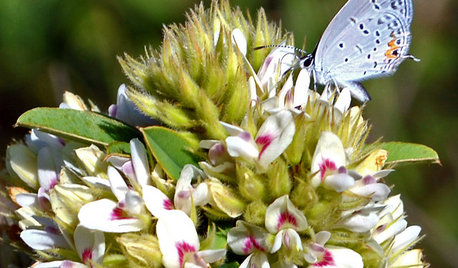
GARDENING GUIDES5 Prairie Wildflowers That Can Heal Your Soil
Get free, organic soil fertilizer with nitrogen-pumping plants that draw pollinators too
Full Story
KITCHEN STORAGEMove Over, Soup Cans — the Kitchen Appliances Are Here
Design a pantry with room for mixers, coffeemakers and more, for less countertop clutter and handy access
Full Story
GARDENING GUIDESHow to Switch to an Organic Landscape Plan
Ditch the chemicals for a naturally beautiful lawn and garden, using living fertilizers and other nontoxic treatments
Full Story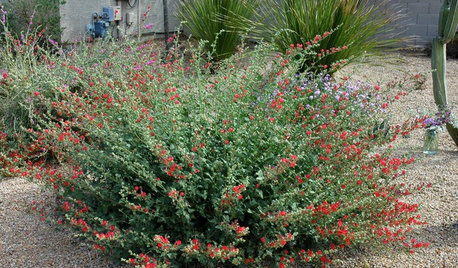
GARDENING GUIDESSouthwest Gardener's February Checklist
Orange you glad for a citrus-fertilizing reminder? And don't forget the recommended doses of vegetable seeds and cold-hardy flowers
Full Story
GARDENING GUIDESHow to Keep Your Citrus Trees Well Fed and Healthy
Ripe for some citrus fertilizer know-how? This mini guide will help your lemon, orange and grapefruit trees flourish
Full Story
PETSWhat Chihuahuas Can Teach Us About Interior Design
Who knew these tiny dogs could be such a huge fount of design tips? Houzzers did
Full Story
URBAN GARDENSPlant a Garden That Can Move With You
Think mobile when planning your outdoor space and you can enjoy it wherever you move next
Full Story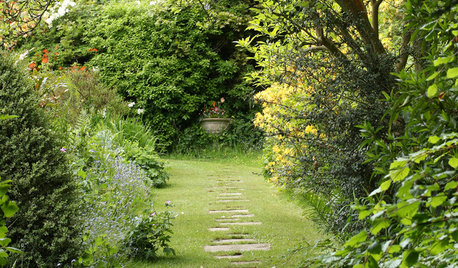
GARDENING GUIDES3 Easy Ways You Can Garden for Nature
Your choice of plants can help wildlife while cleaning the air and water
Full Story
GARDENING GUIDESCommon Myths That May Be Hurting Your Garden
Discover the truth about fertilizer, soil, staking and more to keep your plants healthy and happy
Full StorySponsored
More Discussions






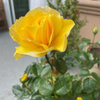
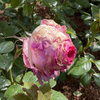
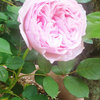
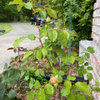
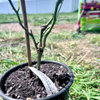
karl_bapst_rosenut
kstrong
Related Professionals
Oconomowoc Landscape Architects & Landscape Designers · Bethel Park Landscape Contractors · Canyon Lake Landscape Contractors · Chattanooga Landscape Contractors · Clearlake Landscape Contractors · Cornelius Landscape Contractors · El Sobrante Landscape Contractors · Lexington Landscape Contractors · Mount Kisco Landscape Contractors · Oxnard Landscape Contractors · Pleasant Prairie Landscape Contractors · Tamarac Landscape Contractors · Kingsburg Landscape Contractors · Camp Springs Landscape Contractors · North Hills Landscape ContractorswanttogardenOriginal Author
diane_nj 6b/7a
karl_bapst_rosenut
berndoodle
kevin_mcl
rosessecretgarden
michaelg
cactusjoe1
anntn6b
athenainwi